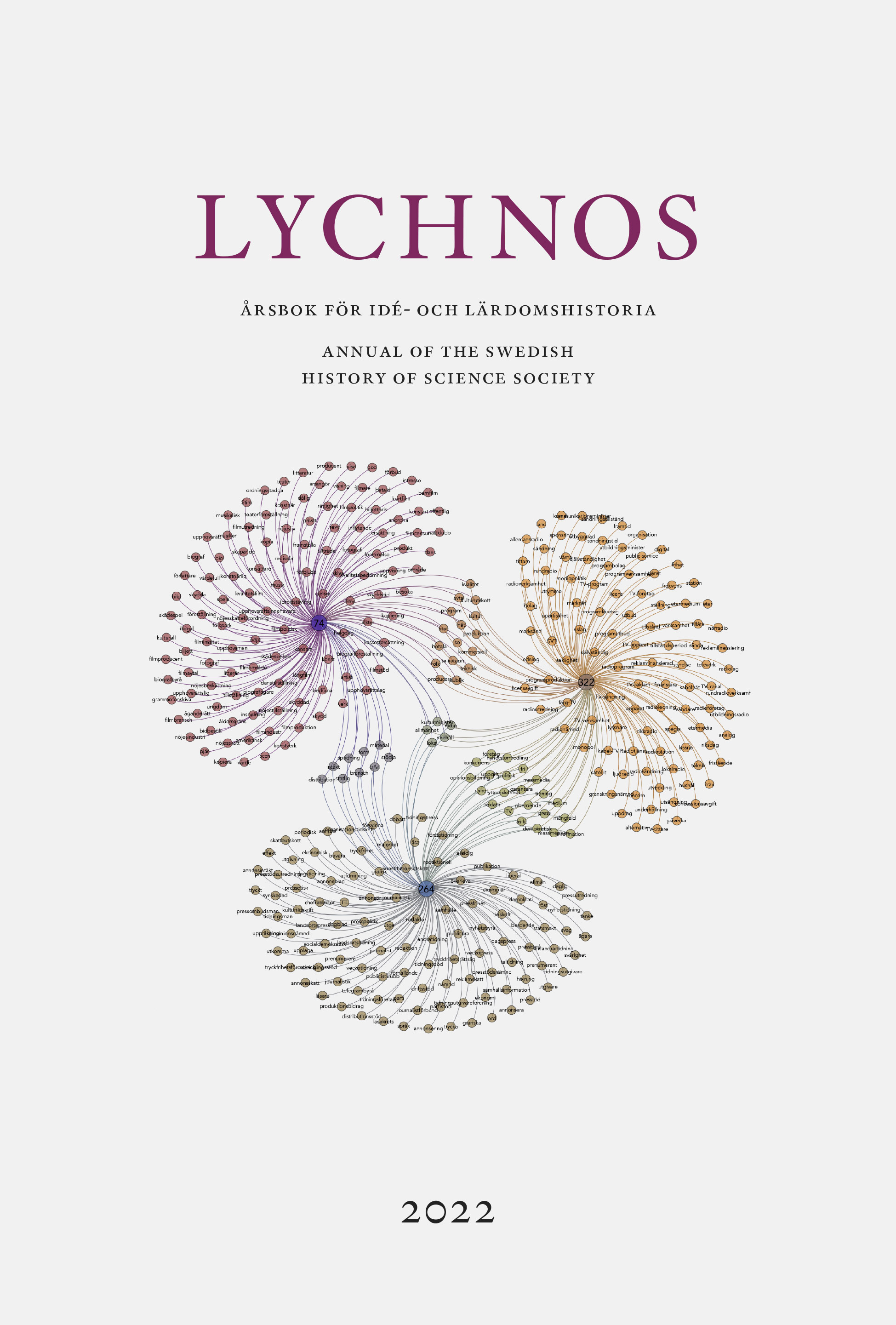Swedish
Swedish
DOI:
https://doi.org/10.48202/23157Keywords:
sustainable development, time, temporality, climate debates, conceptual history, Swedish historyAbstract
During the last decades of the twentieth century, sustainable development emerged as one of the most important political concepts. However, the concept carried a temporal discrepancy as sustainability concerned continuity and persistence while development focused on change. In this article, the temporalities of the concept are put into focus to understand how the temporal tension influenced the environmental debate in the Swedish parliament, from the late 1980s to the first decade of the new millennium. During this time, the climate emerged as the most important environmental issue, and sustainable development became a key concept. The analysis shows how sustainable development should be considered as a composite concept, situated at the intersection of the semantic fields and temporalities of sustainability and development. The two parts have exercised various influence over the whole. For long, development constituted the dominant part while being intimately connected to ideas of progress. Sustainability was primarily given a moderating function, to control the expected progress, and to give shine to goals formulated in terms of economic growth.
Downloads
Published
Issue
Section
License
Copyright (c) 2022 Anna Friberg

This work is licensed under a Creative Commons Attribution 4.0 International License.
This work is licensed under a Creative Commons Attribution 4.0 International License. The copyright for the work published in Lychnos remains with the authors.


